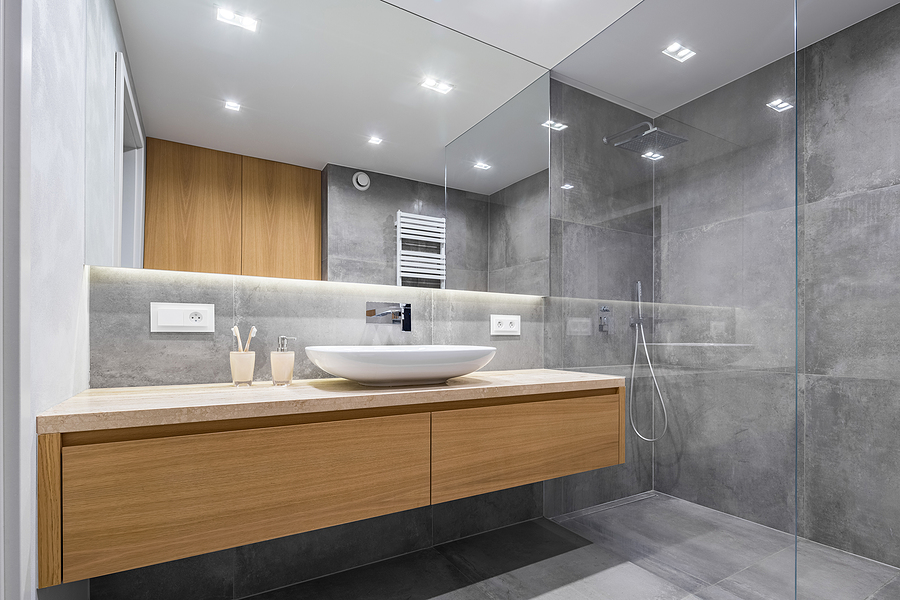Tips for Creating a Functional Bathroom for a Disabled Loved One

Many homeowners take their space for granted in that it is functional for them when they are in good health. However, what happens if a member of the household becomes disabled and requires special accommodations to get around? Those homeowners may soon discover that what they once thought of as a functional home is far from practical. If you or a loved one has recently become disabled and if you or they cannot use the bathroom with ease, it may be time to consider an ADA remodeling project.
ADA.gov has guidelines in place to help homeowners and business owners create abodes that meet the needs of handicapped individuals. While different disabilities require different equipment, most bathrooms will need some sort of retrofitting to make them easily accessible for all. Bearing that in mind, there are a few changes that you can make to make your bathroom one that the whole family can use with ease.
First and foremost, you should discuss with your loved one his or her wants and needs for a bathroom. What you feel is most important may not be what he or she wants. The worst thing that you could do is spend all of your ADA remodeling budget on a bathroom that is still more or less inoperable for your loved one.
Once you discuss your loved one’s needs with him or her, it’s time to consider your budget. An ADA remodel can be expensive because so much special equipment is involved, so you need to plan carefully. If you have a strict budget, you may only want to consider adding the absolute basics, but if you have an unlimited budget, you may be able to renovate your entire bathroom to be absolutely handicap-friendly.
Finally, you should discuss your proposed project with a qualified contractor. It’s important that he or she specializes in ADA remodeling, as there are several particular guidelines that a handicap-friendly space is required to meet. Bear in mind that the point of this remodel is to make things easier, and if your new bathroom doesn’t meet those guidelines, it may pose more of a safety hazard than a help to your loved one.
